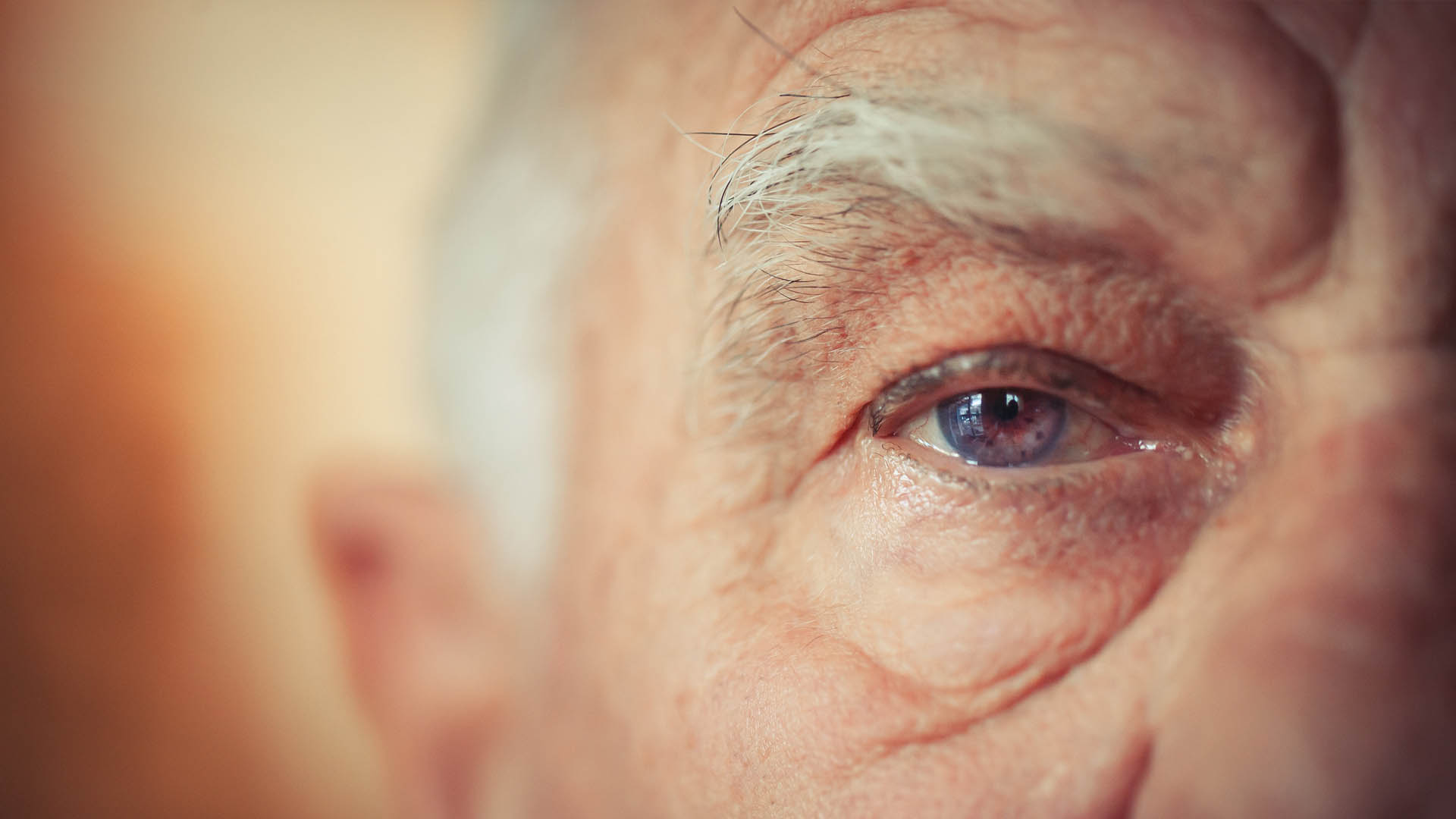How To Reduce Age-related Sensory Degradation

The human body changes as we age, including our senses. Through time, they may not perform as well as they once did. This can result from hormones, nerve cells, or brain function. Because humans rely on their senses to interact with the world around them, any degradation can be frustrating. So, it only makes sense to want to take measures to prevent or at least reduce age-related sensory degradation.
There are quite a few lifestyle changes that can help to reduce the effects of age-related sensory degradation. From making sense of nutritional needs for seniors to simple at-home tips, here are some ways to help keep your senses sharp as you age.
How Do Senses Degrade With Age?
Although there are ways to prevent the extent of sensory degradation, the process is an inevitable part of aging and a lot of the population is familiar with it. Surveys show that nearly all seniors are worried about their vision or hearing as they age. The National Institute of Aging indicates that one in three people between the ages of 65 to 74 experience some degree of hearing loss and 92% of respondents in an AARP survey were concerned about experiencing eye health conditions as they age.
However, sense degradation can go beyond eye and ear problems. Here are some of the most common ways your senses may change with age:
- Hearing loss: This is one of the most common types of sensory degradation. It can be caused by several things, such as damage to the inner ear, changes in hair cells, or the buildup of wax in the ear canal.
- Vision problems: People may experience vision problems such as presbyopia (the need for reading glasses) as they age.
- Loss of smell: Age-related loss of smell is often caused by a decrease in the ability to produce mucus, which traps odor molecules.
- Loss of taste: Many older adults experience a loss of taste due to a decrease in the number of taste buds. This can make food less enjoyable and challenging to get the nutrients you need.
- Changes in touch: As people age, they may start to lose sensation in their skin, which can make it difficult to know if something is hot or cold.
Though this may seem scary, these changes don’t have to be debilitating.
How Can You Protect Your Senses as You Age?
The first step in protecting your senses is understanding how senses change with age. Once you know what to expect, you can take steps to prevent or reduce the effects of age-related sensory degradation.
You can do many things to protect your senses as a whole as you age, such as:
- Keep a healthy diet: Foods rich in antioxidants, omega-3 fatty acids, and vitamins A, C, and E can help to protect the senses such as sight.
- Exercise: Exercise has been shown to improve brain function and slow the progression of age-related diseases. Create a home gym to stay fit.
- Avoid harmful substances: Smoking and excessive alcohol consumption can damage the senses.
- Stay hydrated: Drinking plenty of water can help to keep the body and the senses healthy.
However, you can also take specific actions to protect each sense individually.
Sight
As you age, your eyesight may start to deteriorate, which can become apparent during activities like driving and reading when you use your sight for focusing. Although your sight can deteriorate at any age, these are the most common-age related sight issues:
- Cataracts: Clouding of the eye’s lens, which can cause blurry vision. Initial symptoms can be treated with eyeglasses but eventually, patients will need surgery for treatment.
- Glaucoma: This condition occurs when the optic nerve is damaged, and therefore encompasses a variety of conditions including angle-closure glaucoma and normal-tension glaucoma. Both of these conditions can be categorized by a progression of blind spots in your peripheral vision to eventual blindness.
- Macular degeneration: When a certain part of your retina is damaged, also known as your macula, this condition appears. This condition encompasses both dry and wet macular degeneration, but dry degeneration is the most popular with 80% of cases falling under this form.
However, there are a few things that you can do to protect your eyes:
- Wear sunglasses: Sunglasses can help to protect your eyes from the sun’s harmful rays.
- Quit smoking: Along with a variety of other negative health outcomes, smoking can increase the risk of developing age-related eye diseases.
- Get regular eye exams: These can help to catch problems early and prevent further damage.
Touch
The effects of aging on touch are not as well known as those on sight and hearing. However, research has shown that the sense of touch does change with age. These changes can make it difficult to know if something is hot or cold. They can also make it hard to detect pain leading to injuries.
There are a few things that you can do to protect your sense of touch:
- Keep your skin healthy: Moisturize regularly and protect your skin from the sun.
- Stay active: Exercise can help to improve blood flow and keep the nerves healthy.
- Eat a healthy diet: A diet rich in antioxidants can help to protect the nerves.
With healthy skin, active muscles, and well-nourished nerves, you can help to keep your sense of touch sharp.
Hearing
In addition to sight, losing your hearing is a common experience among older adults. It can make it hard to follow conversations and enjoy activities such as watching TV or watching movies. While you may think there is only one type of hearing loss, there are three:
- Sensorineural hearing loss: This type of hearing loss occurs when the inner ear or your neural pathways are damaged. This type of damage can be identified by the muffling of sounds. Unfortunately, this is the most common type of hearing loss since it’s associated with aging and surgery cannot alleviate symptoms.
- Conductive hearing loss: This can happen when something is blocking the sound waves from reaching your inner ear. It might be because there’s too much wax buildup or fluid, or you have a punctured eardrum.
- Mixed hearing loss: This condition is a combination of sensorineural and conductive hearing loss.
Fortunately, there are precautions you can take to protect your hearing:
- Wear earplugs: Earplugs can help to protect your ears from loud noises.
- Get your hearing checked: Have your hearing checked regularly. By doing so, your ear doctor will be able to find any problems before they build up even further.
- Turn down the volume: When listening to music or watching TV, keep the volume at a moderate level.
- Use hearing aids: If you have hearing loss, hearing aids can help to improve your quality of life by providing better control of your hearing, allowing easier social interactions, and ease in communication.
Though the aging process cannot be stopped, these tips will prolong the health of your senses.
Taste/Smell
The ability to taste and smell can decline with age. This can make food less enjoyable and make it hard to detect dangerous gases or fumes. However, losing these senses is usually gradual and not a cause for concern.
Losing your sense of smell is due to a loss of olfactory receptors. More than 75% of those older than 80 suffer major olfactory impairment. Thus their ability to detect strong smells, such as smoke or gas, is significantly reduced.
Taste buds also naturally decrease with age. This is because the tongue thins and loses papillae, bumps that house taste buds. In addition, saliva production decreases, making it harder for the tongue to move food around and pick up flavor molecules.
However, don’t feel panicked. There are a few ways to protect your sense of taste and smell:
- Quit smoking: Smoking can damage the sense of smell and taste.
- Avoid harsh chemicals: Harsh chemicals can damage the sense of smell by making olfactory receptors dysfunctional.
- Take care of dental hygiene: This can prevent gum disease that can lead to a loss of taste.
The aging process can take a toll on the body, especially the senses. However, these preventative measures you can take to protect your senses and enjoy your favorite activities for years to come.

